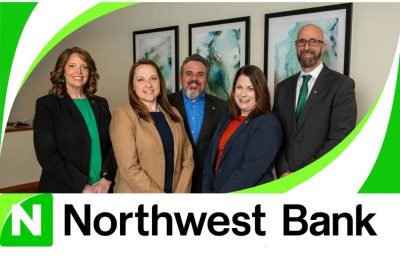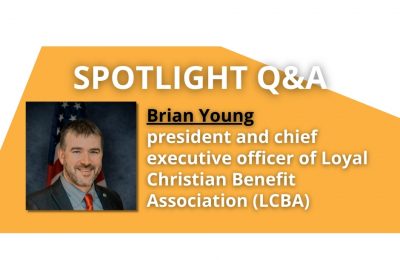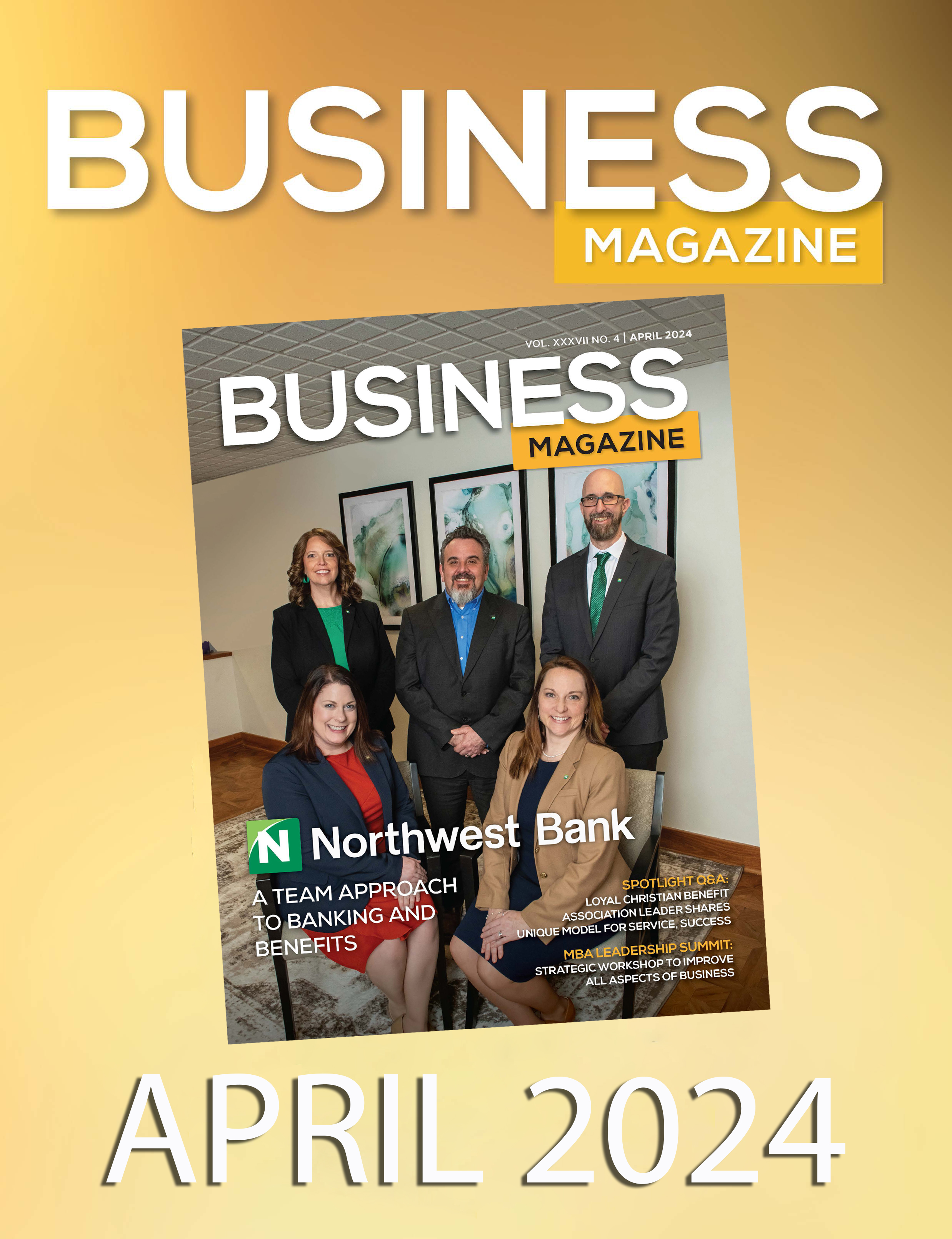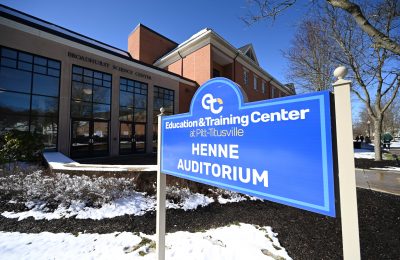 Dan Miller is a partner with the law firm of MacDonald Illig Attorneys, LLP. Miller is chair of the firm’s Labor & Employment Practice Group. He represents management in collective bargaining, labor relations, employee relations, employment discrimination, unemployment compensation and wage-and-hour case law.
Dan Miller is a partner with the law firm of MacDonald Illig Attorneys, LLP. Miller is chair of the firm’s Labor & Employment Practice Group. He represents management in collective bargaining, labor relations, employee relations, employment discrimination, unemployment compensation and wage-and-hour case law.
There are several legal issues that occur more frequently with nonprofits. Such issues include internship programs and the use of volunteers who are also employees. Both of these issues, if not properly managed, can result in significant liability.
Internship Programs
The U.S. Department of Labor (USDOL) maintains a strict test to determine whether “for-profit” private sector internships may be maintained without compensation under the Fair Labor Standards Act. The six required criteria that must be met are:
1) the internship is similar to training that would be given in an educational environment;
2) the internship is for the benefit of the intern;
3) the intern does not displace regular employees;
4) the employer derives no immediate advantage from activities of the intern, and its operations may actually be impeded;
5) the intern is not necessarily entitled a job at the conclusion of the internship; and
6) the intern understands that the intern is not entitled to wages for the internship.
The USDOL has indicated that the FLSA makes a special exception for individuals who volunteer to perform services for state or local government agencies and for individuals who volunteer for humanitarian purposes for private nonprofit food banks. The USDOL has also indicated that unpaid internships in the public sector and for nonprofit charitable organizations, where the intern volunteers without expectation of compensation, are generally permissible. However, the USDOL has said it is reviewing the need for additional guidance on internships in the public and nonprofit sectors.
In short, there appears to continue to be an open issue with regard to whether nonprofits can maintain internship programs without fear that such interns will be determined to be employees who must be paid wages. In fact, the USDOL has issued past opinion letters applying the six-part test to nonprofit organizations. This means that nonprofits should attempt to meet the six-part test to be exempt from the minimum wage and overtime requirements.
Volunteers
Another issue common to nonprofits is whether volunteers who are also employees should be paid wages for volunteer activities. The FLSA defines employment very broadly to include “to suffer or permit to work.” However, the USDOL has generally found that individuals who volunteer or donate their services, usually on a part-time basis for public service, religious or humanitarian objectives without contemplation of pay are not considered employees.
USDOL guidance is clear that employees may not volunteer services to for-profit private sector employers. It is also clear that while people are allowed to volunteer for public agencies in their community, employers cannot allow employees to volunteer, without compensation, additional time to do the same work for which they are employed. In other words, nonprofit employers are not permitted to allow employees to volunteer for the same work for which they are employed. While this does not mean that nonprofits cannot have employees volunteer for other projects or activities, when employees volunteer, there is always risk that there might be a claim that the employee is actually being required to perform the services and is entitled to compensation. Therefore, nonprofit employers should be sure to maintain clear policies that any volunteer activities performed by employees must be voluntary and without the expectation of compensation.
Conclusion
The issues regarding interns and volunteers are but a few employment issues that are particularly significant to nonprofits.
If you have any questions concerning the contents of this article you can contact Dan Miller at MacDonald Illig Attorneys, LLP at 814/870-7708, or any other member of the MacDonald Illig Labor and Employment Practice Group.














